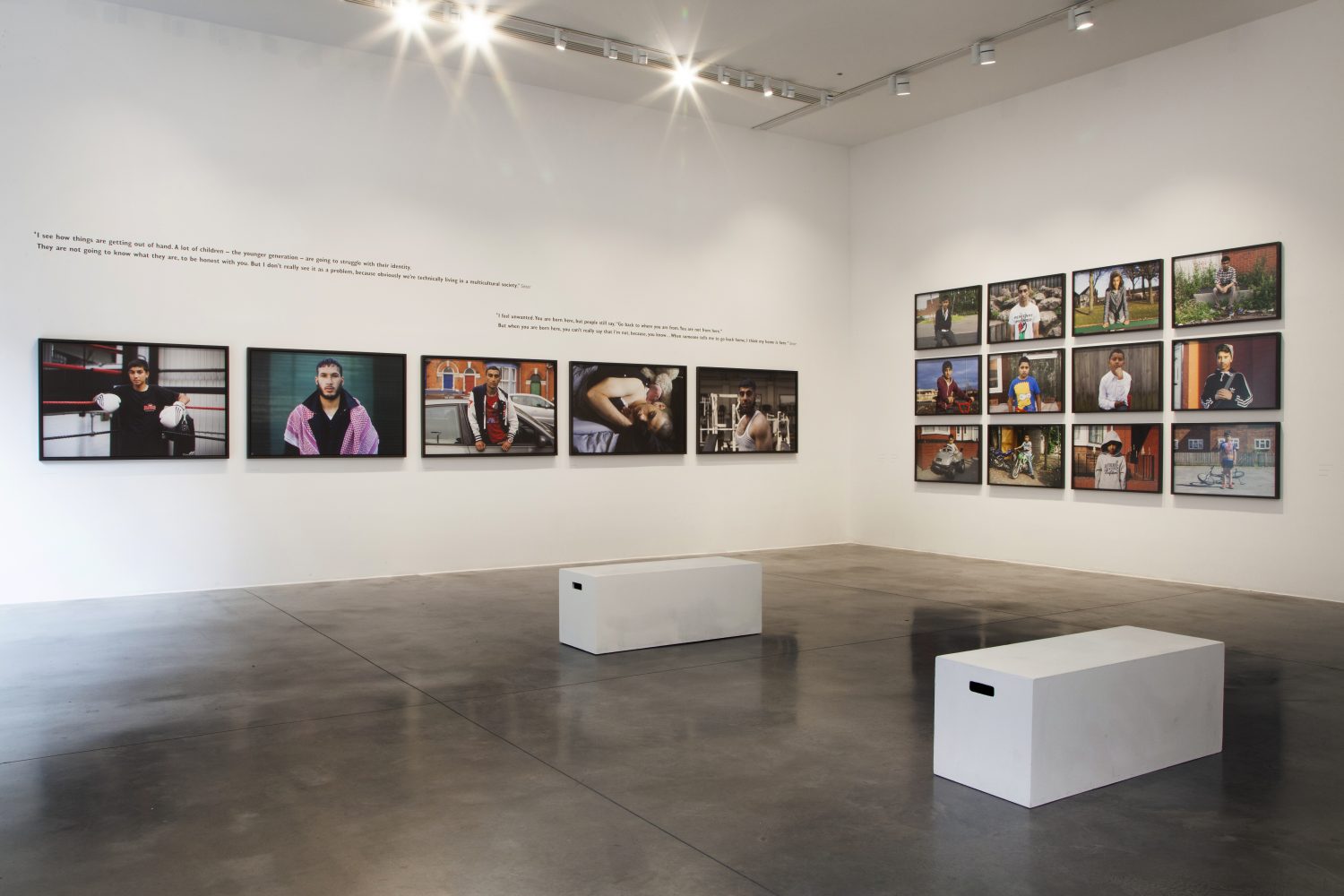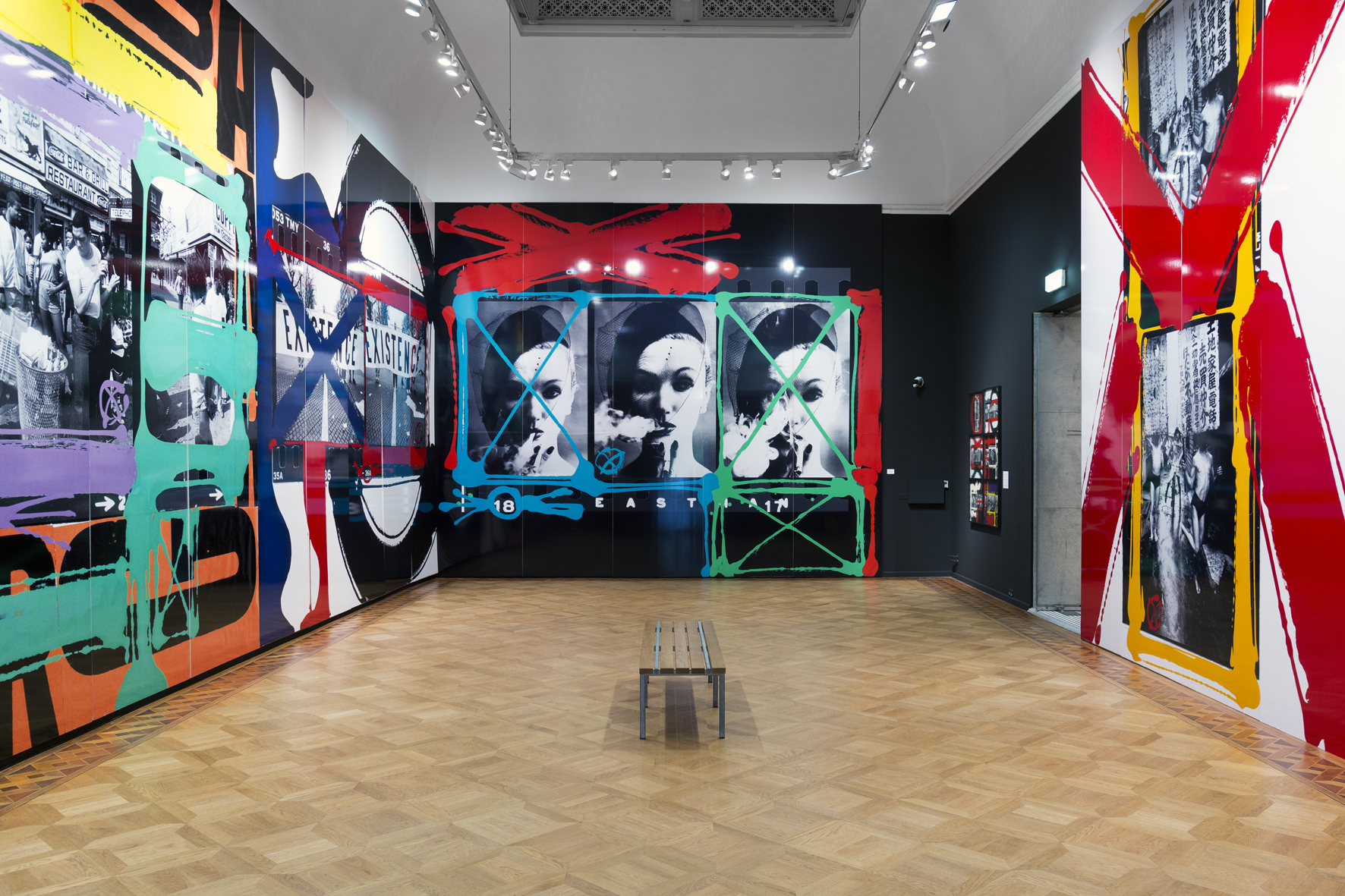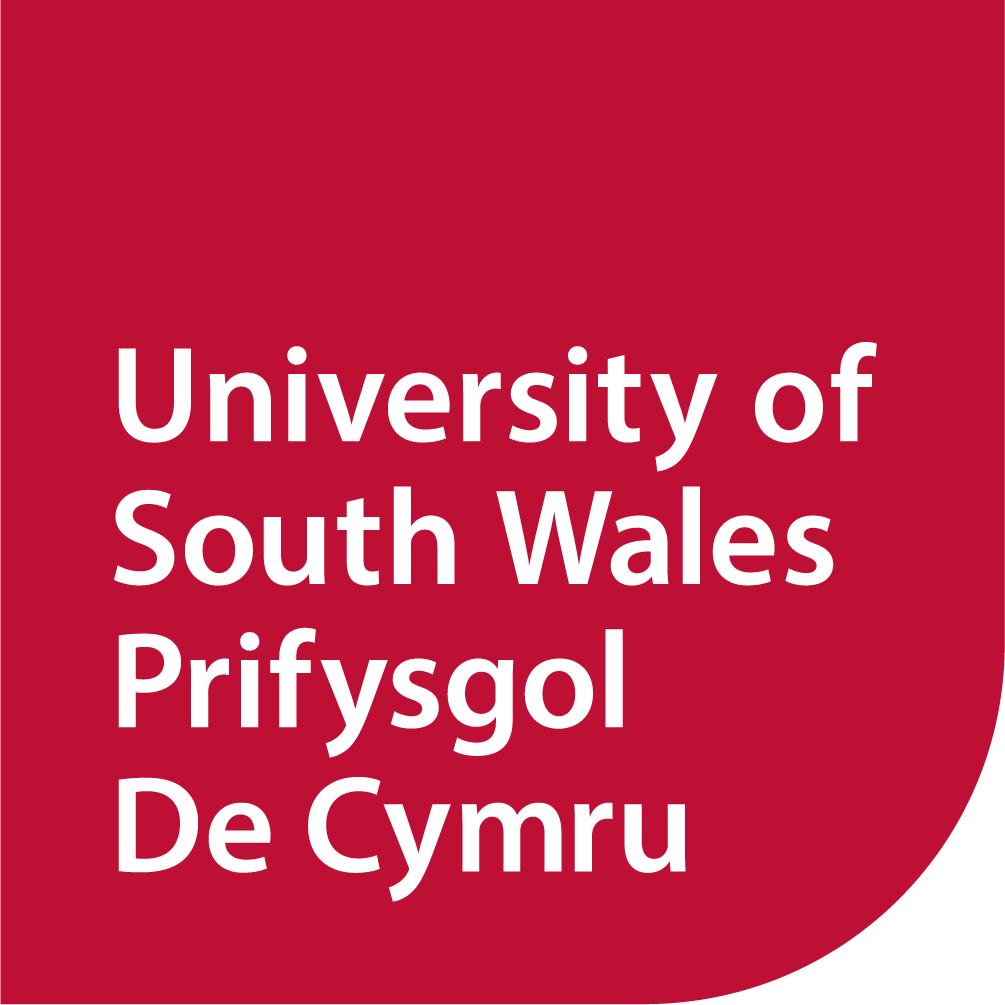Karin Bareman (Lecturer)






I caught the photography bug aged fifteen, when my art teacher had us working with a fully manual, analogue SLR during a couple of sessions. Ever since I have been intrigued with photography’s possibilities for telling stories and enlightening viewers about other people’s lives and cultures.
I worked for nine years in photography exhibition curation and design. As an assistant curator at Foam - the photography museum in Amsterdam - for over five years, and curatorial project manager at Autograph ABP - a photography gallery in London focusing on matters of race, ethnicity, gender, identity and human rights - for three years, I have been involved in the production and curation of over a hundred exhibitions and the publication of associated catalogues, newspapers and photobooks. I also worked on these institutions’ photography collections, archives, photobook libraries, and educational programmes. This wealth of knowledge and industry experience feeds into my teaching on the course.
I also write regularly about photography and audio-visual culture, including for magazines and platforms such as Camera Austria, Foam Magazine, Photoworks, Unseen Magazine, EXTRA, Of the Afternoon, American Suburb X and C4 Journal. Since 2015 I have been doing extensive research into documentary photography projects based in and on Appalachia, a specific region in the US. To that end, I have consulted the photography archive at the Center for Creative Photography in Tucson, Arizona, courtesy of the Milton Rogovin Research Fellowship, and I have since been analysing relevant projects and photobooks in-depth, interviewing documentary photographers about their practice, and consulting various other photography archives such as the Appalachian Photographic Archives at Berea College, the Archives of Appalachia at ETSU, and the Southern Appalachian Archives at Mars Hill University. As result of my research and work experience, my knowledge of photography history and theory as well as contemporary documentary practice is extensive, and this is all channelled into the course materials and teaching sessions.
I worked for nine years in photography exhibition curation and design. As an assistant curator at Foam - the photography museum in Amsterdam - for over five years, and curatorial project manager at Autograph ABP - a photography gallery in London focusing on matters of race, ethnicity, gender, identity and human rights - for three years, I have been involved in the production and curation of over a hundred exhibitions and the publication of associated catalogues, newspapers and photobooks. I also worked on these institutions’ photography collections, archives, photobook libraries, and educational programmes. This wealth of knowledge and industry experience feeds into my teaching on the course.
I also write regularly about photography and audio-visual culture, including for magazines and platforms such as Camera Austria, Foam Magazine, Photoworks, Unseen Magazine, EXTRA, Of the Afternoon, American Suburb X and C4 Journal. Since 2015 I have been doing extensive research into documentary photography projects based in and on Appalachia, a specific region in the US. To that end, I have consulted the photography archive at the Center for Creative Photography in Tucson, Arizona, courtesy of the Milton Rogovin Research Fellowship, and I have since been analysing relevant projects and photobooks in-depth, interviewing documentary photographers about their practice, and consulting various other photography archives such as the Appalachian Photographic Archives at Berea College, the Archives of Appalachia at ETSU, and the Southern Appalachian Archives at Mars Hill University. As result of my research and work experience, my knowledge of photography history and theory as well as contemporary documentary practice is extensive, and this is all channelled into the course materials and teaching sessions.
